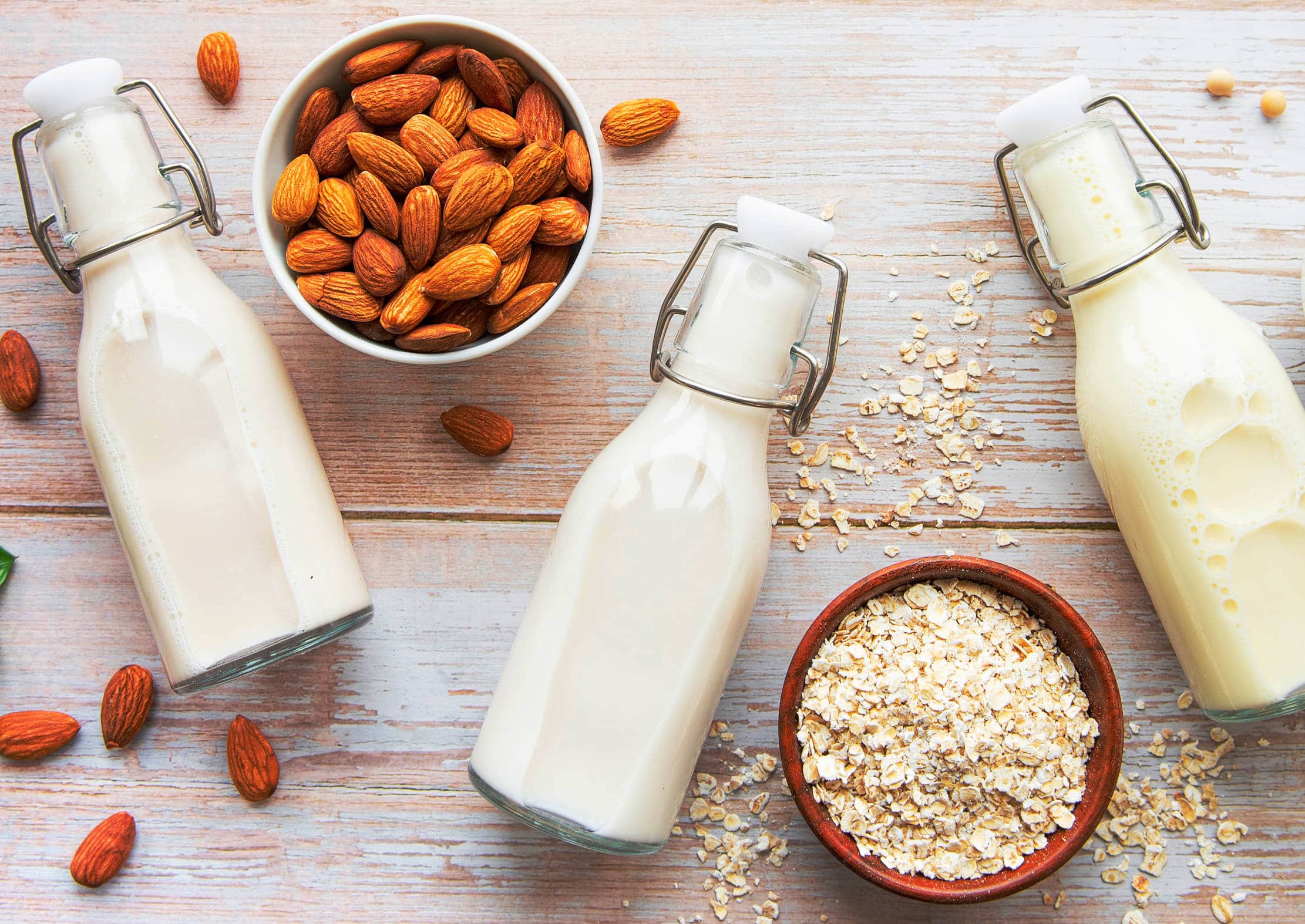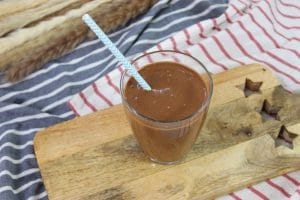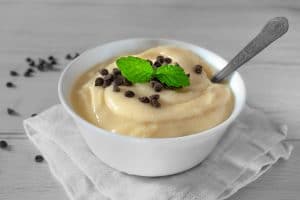Coconut Milk vs. Almond Milk vs. Oat Milk: What’s The Difference?
Important Note: When you buy through our links, we may earn a commission. As an Amazon Associate we earn from qualifying purchases. Content, pricing, offers and availability are subject to change at any time - more info.
Coconut milk, almond milk, and oat milk are vegan, gluten-free, and dairy-free. They are suitable for people with allergies and plant-based diets. They are also better for your health and the environment. But how can you which one out of the three is the right choice for you?
The biggest difference between coconut milk, almond milk, and oat milk is how they are produced. Other factors like nutrition, consistency, uses, and shelf life also make the three distinct from each other.
Keep reading to find out which one of the three is the best fit for you!
What Is Coconut Milk?
Coconut milk is extracted from the grated pulp of ripe coconuts.
Coconuts originate from southeast Asia and coconut milk is a traditional ingredient in Asia and Oceania. Coconut milk has been used in different parts of the world for as long as 2000 years.
What Is Almond Milk?
Almond milk is made using ground almonds and filtered water.
Almond milk first originated in the 12th century. It soon became an important part of different cuisines around the world. Almond milk tends to be the popular choice for people that are lactose intolerant.
What Is Oat Milk?
Oat milk is made by blending rolled oats with water and straining this mixture to remove the pulp.
Oat milk is fairly recent. The invention of oat milk came from the increasing demand for non-dairy milk in the twentieth century. The first oat beverage was made and the first commercial oat milk producer was founded in the 1990s.
Coconut Milk vs Almond Milk vs Oat Milk: Comparison Table
The table below summarizes all the differences between coconut, almond, and oat milk.
| Category | Coconut Milk | Almond Milk | Oat Milk |
| Health Factor | Fewer nutrients than regular milk | Fewer nutrients than regular milk | Similar to regular milk |
| Consistency | Thick and creamy | Thinner than regular milk | Similar to regular milk |
| Uses | Somewhat limited | Similar to regular milk | Similar to regular milk |
| Shelf Life | 5 to 7 days | 7 to 10 days | 4 to 7 days |
Differences Between Coconut, Almond, and Oat Milk
Let’s understand the differences in detail now:
Health Factor
Coconut milk is high in fiber, magnesium, and antioxidants. It is easy to digest and metabolize and a good source of energy. However, it is rich in fats and calories. Coconut milk is also not a good source of protein.
Almond milk has essential nutrients like vitamin E and omega 3 fatty acids. It is low in sugar and good for your heart and liver. On the downside, it is low in calcium and protein.
Oat milk is rich in fiber, vitamins, calcium, and protein. It also has the most amount of carbohydrates than other plant-based milk. However, oat milk is not as nutritious as oats. Many of the oats’ nutrients are lost during milking.
It is important to note that store brought versions of the three can have added nutrients, which can make them healthier than they are naturally.
Consistency
Coconut milk is thick and creamy. Its consistency is closer to curd than milk. This can make it difficult to substitute it with regular milk in recipes.
Almond milk contains mostly water and has a consistency slightly thinner than regular milk. Almond milk is a one-to-one substitute for regular milk. This means that if a recipe has two cups of regular milk, you can substitute it with two cups of almond milk.
Oat milk is creamy and has a consistency similar to regular milk. This makes it a suitable substitute for recipes that require the same texture as regular milk.
Uses
Coconut milk has a thick consistency and is best suited for foods like soups, curries, smoothies. You can drink it alone and add it to coffee, but prepare yourself for how creamy the consistency is.
Almond milk is extremely versatile. You can use almond milk in coffee, tea, smoothies, cereal, or drink it alone as a beverage. You can also use it in soups, sauces, and dressing. Almond milk can also replaces regular milk in baked foods.
Oat milk can be used in a variety of dishes. It can be used in coffee and tea, baked foods, soups, and sauces. You can drink oat milk alone as a beverage, but the consistency is thicker than that of regular milk.
Shelf Life
Coconut milk is good for 5 to 7 days after opening. If left unopened, coconut milk can last between 2 to 5 years before it becomes unfit for use.
Almond milk can be used up to 7 to 10 after opening. An unopened can of almond milk only lasts for up to one month before spoiling.
Oat milk has the shortest shelf life. It can be used for 4 to 7 days after opening. An unopened can of oat milk lasts for 4 to 6 months.
Related Questions
It is not advisable to drink coconut milk every day, especially if you are trying to lose weight. Coconut milk has a high level of fat and calories and tends to be quite creamy.
Almond milk is healthy and can be consumed every day. It is good for your heart and skin. Replacing almond milk with a glass of regular milk can also help you lose weight.
Oat milk is rich in fiber and protein. If you are on a low-calorie diet, drinking oat milk may not be the best choice for you. It has more calories than other plant-based milk.
Regular milk tends to have more nutrients than plant-based milk. If your diet has only non-dairy milk, you should make sure that you get nutrients like protein and calcium from other foods.
Final Thoughts
Plant-based milk is becoming more popular by the day. Whether you want a healthier lifestyle, are environmentally conscious, have gluten or dairy allergies, you have a variety of options to choose from.
Now that you know the pros and cons of almond milk, coconut milk, and oat milk, you can easily decide which one is the best option for you!
























